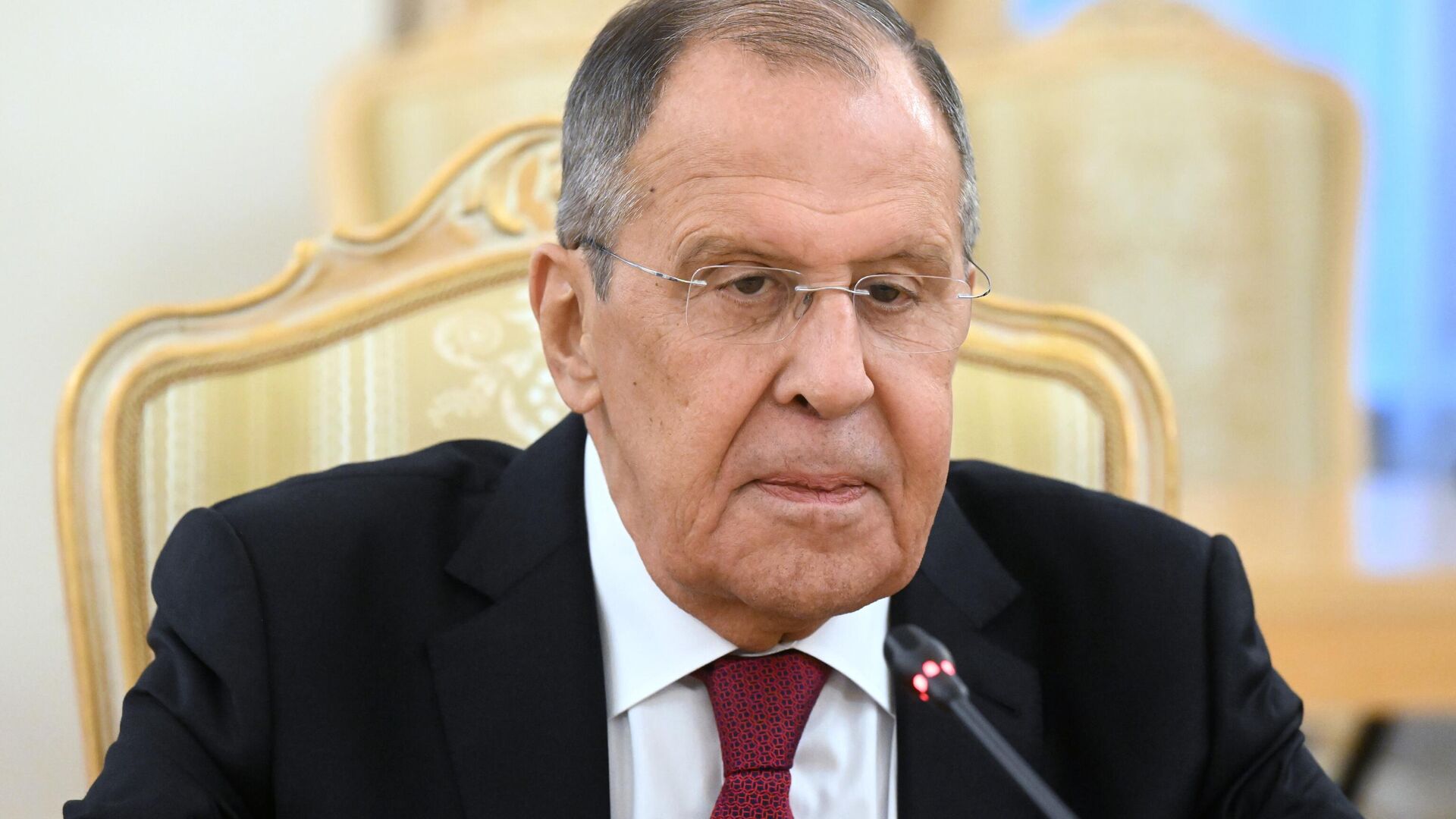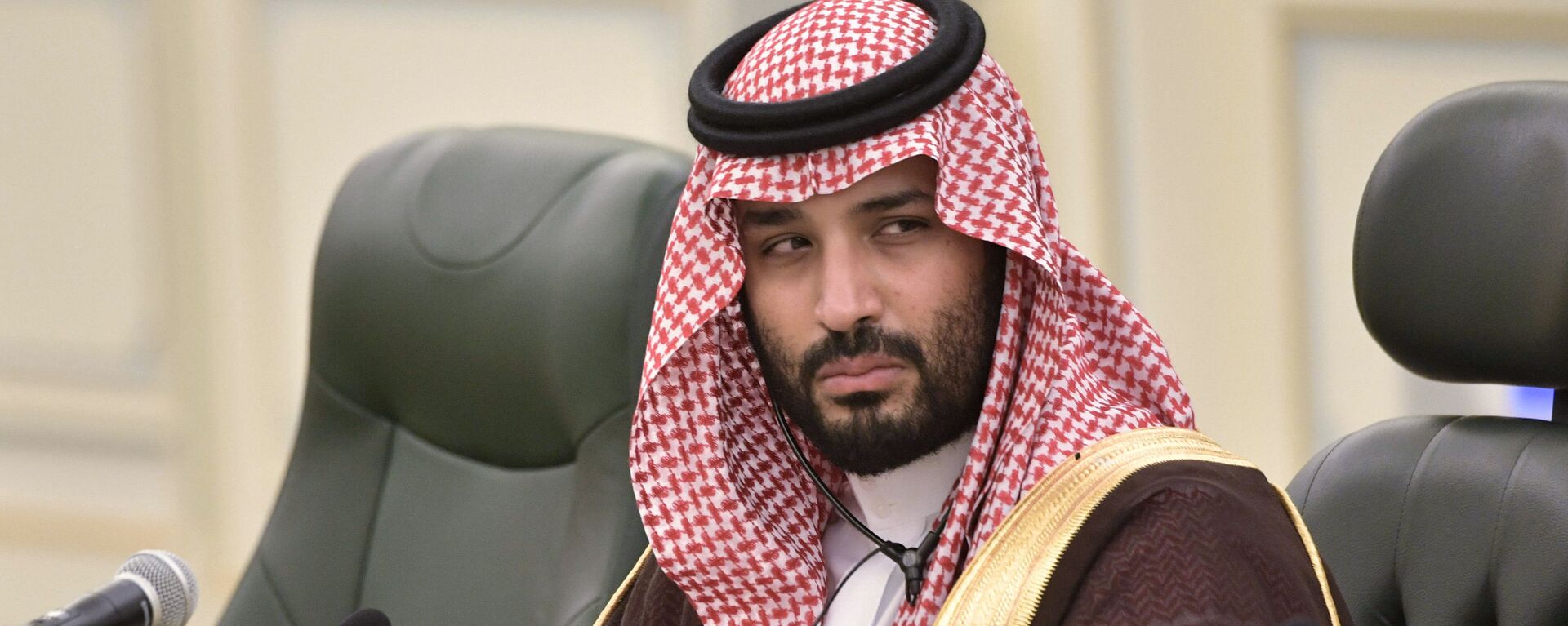https://en.sputniknews.africa/20230921/russias-lavrov-predicts-greater-brics-role-in-international-problem-solving-1062255192.html
Russia’s Lavrov Predicts Greater BRICS Role in International Problem-Solving
Russia’s Lavrov Predicts Greater BRICS Role in International Problem-Solving
Sputnik Africa
MOSCOW (Sputnik) - According to South African Foreign Minister Naledi Pandor, a total of 23 countries have expressed their desire to join the BRICS bloc by... 21.09.2023, Sputnik Africa
2023-09-21T09:55+0200
2023-09-21T09:55+0200
2023-09-21T09:55+0200
international
russia
south africa
brics
sergey lavrov
china
india
southern africa
https://cdn1.img.sputniknews.africa/img/07e7/09/15/1062255296_0:160:3072:1888_1920x0_80_0_0_bb61d50a15c1b8b4f941b7e6dab79f7e.jpg
Russian Foreign Minister Sergey Lavrov predicted on Wednesday that the BRICS group of emerging economies would play a greater role in solving global problems after adding Asian, African and Latin American members to the fold. Lavrov spoke at a BRICS ministerial meeting that took place on the sidelines of the annual UN General Assembly. He thanked South Africa for a very productive chairmanship of the five-nation bloc and said that the six new members —Argentina, Egypt, Ethiopia, Iran, Saudi Arabia and the United Arab Emirates — all had potential for contributing to BRICS development. The leaders of BRICS, which includes Brazil, Russia, India, China and South Africa, agreed at a summit in August to send official invitations to the six candidate countries that are set to formally join the bloc on January 1, 2024.
https://en.sputniknews.africa/20230921/saudi-crown-prince-says-brics-not-group-against-west-welcomes-invitation-to-join-1062254074.html
russia
south africa
china
india
southern africa
Sputnik Africa
feedback@sputniknews.com
+74956456601
MIA „Rossiya Segodnya“
2023
Sputnik Africa
feedback@sputniknews.com
+74956456601
MIA „Rossiya Segodnya“
News
en_EN
Sputnik Africa
feedback@sputniknews.com
+74956456601
MIA „Rossiya Segodnya“
Sputnik Africa
feedback@sputniknews.com
+74956456601
MIA „Rossiya Segodnya“
international, russia, south africa, brics, sergey lavrov, china, india, southern africa
international, russia, south africa, brics, sergey lavrov, china, india, southern africa
Russia’s Lavrov Predicts Greater BRICS Role in International Problem-Solving
MOSCOW (Sputnik) - According to South African Foreign Minister Naledi Pandor, a total of 23 countries have expressed their desire to join the BRICS bloc by submitting formal applications, yet, only six nations have been invited to join.
Russian Foreign Minister Sergey Lavrov predicted on Wednesday that the BRICS group of emerging economies
would play a greater role in solving global problems after adding Asian, African and Latin American members to the fold.
"This step was very long overdue. And it confirmed that the solidary voice of BRICS in defense of the interests of the Global South and the world majority is extremely in demand in modern international relations … I am convinced that in the current conditions, the role of BRICS in solving global problems will only increase," he said in New York.
Lavrov spoke at a BRICS ministerial meeting that took place on the sidelines of the annual UN General Assembly. He thanked South Africa for a very productive chairmanship of the five-nation bloc and said that the six new members —Argentina, Egypt, Ethiopia, Iran, Saudi Arabia and the United Arab Emirates —
all had potential for contributing to BRICS development.
"All of these countries support the fundamental goals and values of BRICS, including the spirit of solidarity, equality, mutual respect, openness, inclusiveness, and of course mutually beneficial cooperation based on consensus," the Russian diplomat said.
The leaders of BRICS, which includes Brazil, Russia, India, China and South Africa, agreed at a summit in August to send official invitations to the six candidate countries that are set to formally join the bloc on January 1, 2024.


